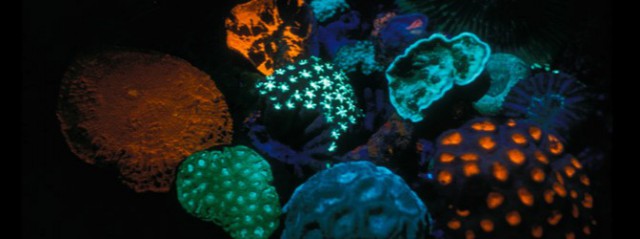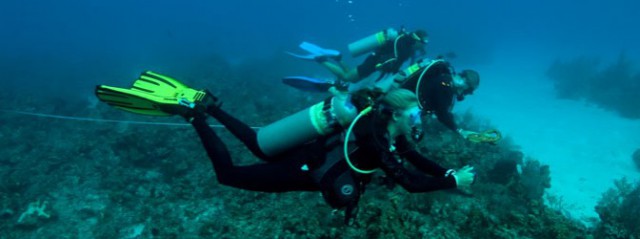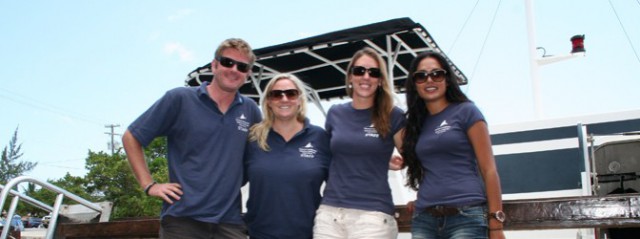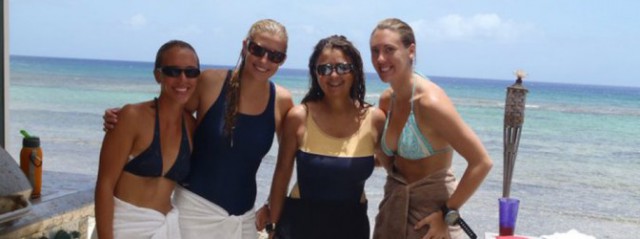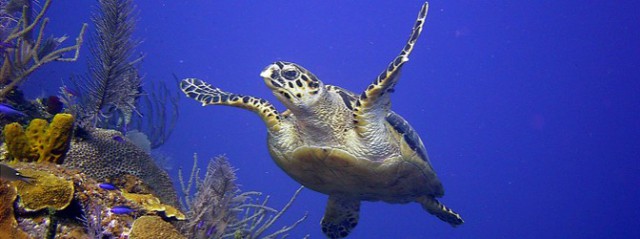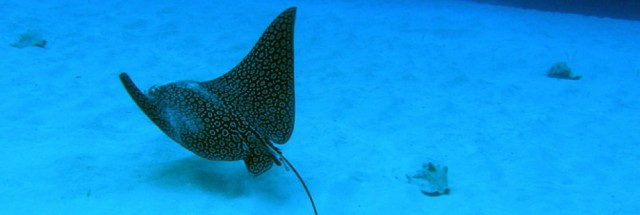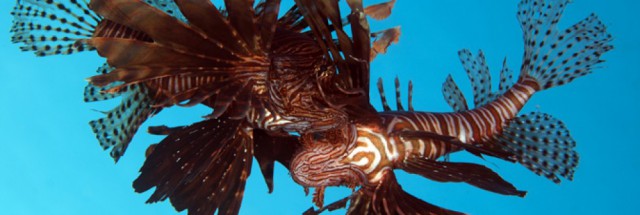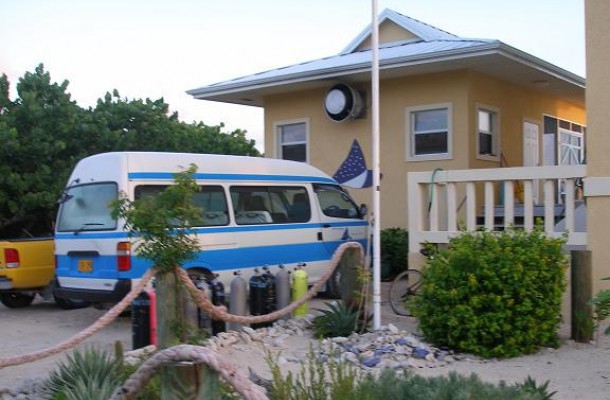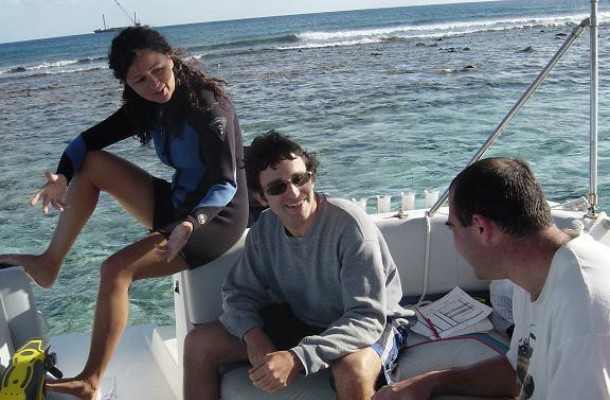


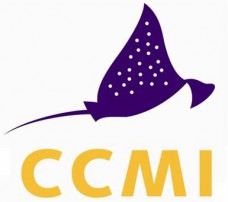
At CCMI, our goal is to better understand what is causing the decline in the health of the coral reef ecosystem and what could contribute to a more resilient reef. We aim to establish the best protective strategies, promoting realistic solutions that will reduce the major threats by humans. In addition, we aim to communicate the knowledge we have gained to public and private entities and help make the changes that will reduce the reef's decline.
In 1999, CCMI completed a first regional survey of the reefs around all three Cayman islands. Drs. Carrie Manfrino and Bernhard Reigl led a team of 11 scientists and students in this survey of 49 different reefs sites around Little Cayman, Grand Cayman and Cayman Brac (see Manfrino et al. 2003). As an active field research station, we strive to maintain long-term monitoring programmes that include 12 years of research on coral reef ecological trends (AGRRA surveys of coral, fish and algae populations), and more recently, on multiple facets of ocean acidification and climate change.
The importance of long-term monitoring and sharing our findings with other scientists and institutions is integral to our commitment to wider and broader impacts of our work. Installation of the CCMI-NOAA ICON station added an important ocean observatory to Little Cayman’s reefs for scientists working on the reefs to gain a clearer understanding of natural variability and changing environmental conditions (see ICON).
Our research project themes are Climate Change and Coral Reef Stress, and Invasive Species. Alongside the long-term monitoring project, these projects aim to investigate the impacts of the most prevalent issues facing the marine environment today. Unfortunately, in 10 years, we have lost 60% of our reefs globally. In the Cayman Islands, we (CCMI) are attempting to address two of the greatest regional challenges, namely:
1) How will reefs survive rising ocean temperatures and climate change?
2) How can we protect what is left?
CCMI’s long-term commitment to monitoring the local coral reef biodiversity continues to be important for addressing some of the most significant challenges facing our overcrowded planet.
Founded in 1998, the Central Caribbean Marine Institute (CCMI) is guided by its mission to conduct and facilitate research, education, outreach and conservation programmes that will sustain marine diversity for future generations. The organization is incorporated as a US 501(c)3 nonprofit organization (ID# 22-3609293), a UK charity (# 1104009) and a Cayman Islands charity.
P.O. Box 10152 Grand Cayman KY1-1002, Cayman Islands
